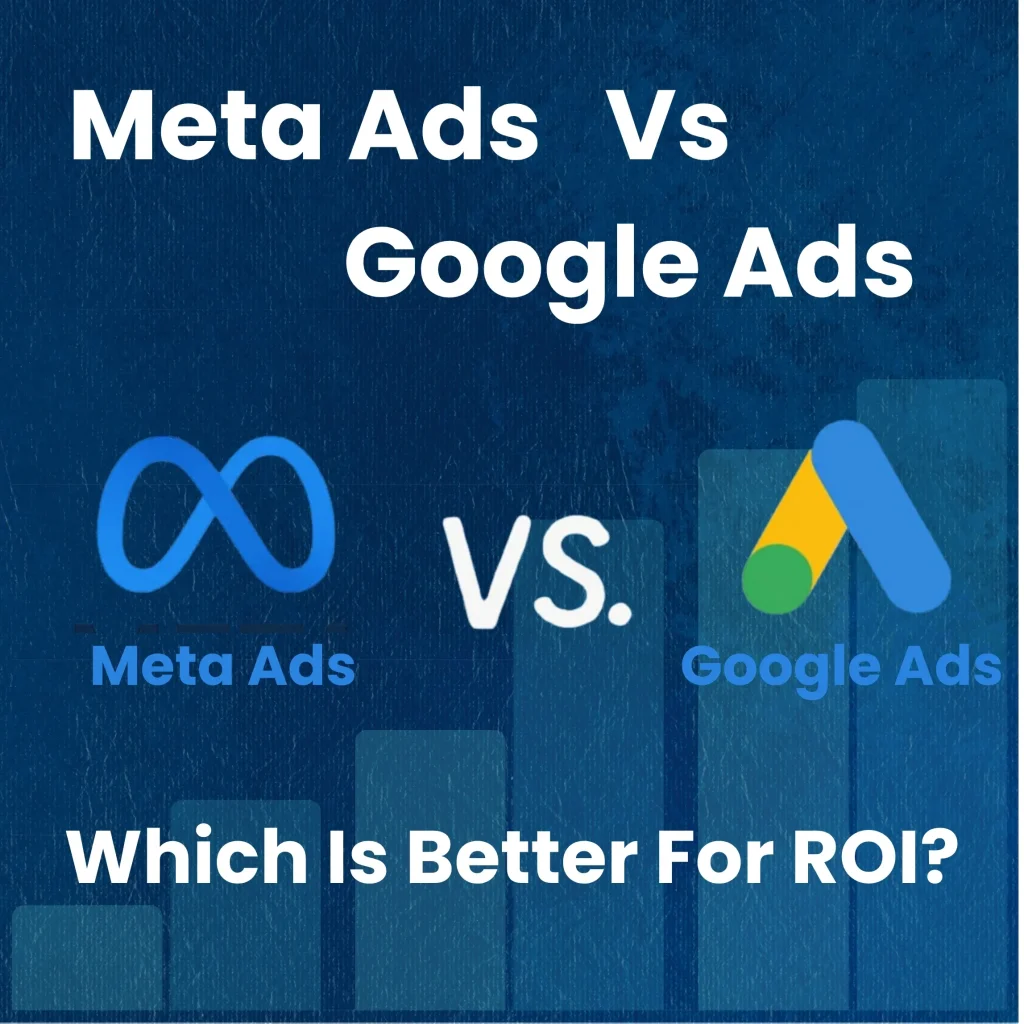Meta Ads vs. Google Ads: Which Is Better for ROI?

In the current competitive online environment, deciding on the optimal ad platform can either make or break your marketing efforts. Two behemoths occupy the space – Meta Ads (previously Facebook Ads) and Google Ads – each with distinct strengths for enterprises wanting to get the most out of their investment. But what platform actually delivers superior outcomes for your advertising budget? Let’s dissect the major distinctions to enable you to make an informed choice.
Meta Ads perform well at creating brand consideration and drawing in potential buyers with deeply visual, interest-based advertising. Running on Facebook, Instagram, and Messenger, these ads enable companies to reach people according to their demographics, interests, and online activities. The appeal of the platform is its advanced targeting opportunities, such as lookalike audiences and in-depth retargeting possibilities. For companies with visually oriented products or services – like ecommerce sites, restaurants, or lifestyle brands – Meta Ads are a great means of grabbing attention and building relationships over time.
Google Ads also approaches things from a completely different perspective by targeting user intent, not interests. These ads show up when individuals actively search on Google for products or services, so they’re ultra-powerful for reaching high-intent buyers. Regardless of whether through search ads, display networks, or YouTube placements, Google Ads enable companies to reach customers at the point when they are willing to buy. This model of intent typically causes a greater number of conversions, especially for companies that provide immediate solutions such as local services, software, or emergency purchases.
In terms of cost, Meta Ads tend to have more affordable cost-per-click (usually $0.50-$2.00) but take longer to convert. Google Ads tend to have higher CPCs ($1-$5+) but tend to provide stronger near-term ROI as a result of their intent nature. Successful marketers realize that each platform plays a distinct role in the customer journey – Meta for awareness and consideration, Google for conversion and action.
Ultimately, the question isn’t which platform is better overall, but which is better for your specific business goals. Companies focused on long-term brand building and audience engagement will find tremendous value in Meta Ads, while those needing immediate sales and leads may prefer Google Ads. Most intelligent marketers discover that employing both sites simultaneously – with Meta generating awareness and Google converting – produces the most complete and potent digital advertising strategy. By knowing the specific strengths of each platform and matching them against your marketing goals, you can optimize your ad ROI and generate lasting business growth.